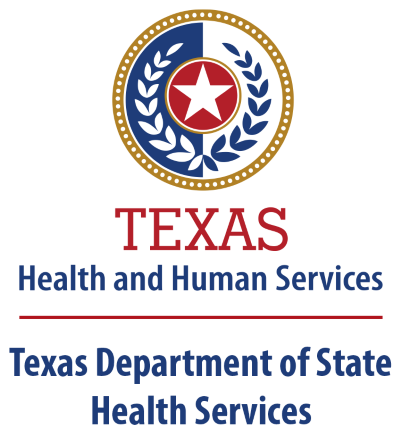Benefits of Family Involvement in Addiction Recovery
The Vital Role of Family in Addiction Recovery
Addiction recovery is a challenging journey that affects not only the individual struggling with substance use but also their loved ones. At Maverick Behavioral Health, we recognize the critical role family plays in the healing process. Involving family members in addiction recovery can profoundly impact outcomes, fostering stronger support systems and encouraging lasting change. This article explores the benefits of family involvement and why it is an essential component of effective treatment.
Strengthening Emotional Support Systems
Addiction often isolates individuals, creating barriers between them and their family members. Family involvement in recovery helps rebuild trust and emotional connections, which are vital for sustained healing. When family members actively participate in therapy sessions or support groups, they provide a safe environment where the individual feels understood and valued.
This emotional support reduces feelings of loneliness and shame that commonly accompany addiction. Knowing that family stands beside them can motivate the individual to stay committed to sobriety. Moreover, families learn to express empathy and patience, which fosters an atmosphere of acceptance rather than judgment.
Enhancing Communication and Conflict Resolution Skills
Addiction can disrupt healthy communication patterns, often leading to misunderstandings, resentment, and unresolved conflicts within families. Recovery programs that include family therapy help identify destructive communication habits and teach strategies to improve dialogue.
Through guided sessions, family members learn how to listen actively, convey their feelings constructively, and avoid blame or criticism. Improved communication encourages openness and honesty, which are crucial for addressing underlying issues that may contribute to addiction.
Additionally, conflict resolution skills taught in family therapy reduce tension at home, creating a more peaceful environment conducive to recovery. When family members are equipped to handle disagreements calmly, it minimizes stress triggers for the person in recovery.
Providing Accountability and Motivation
Recovery is a long-term commitment that requires ongoing effort and resilience. Family involvement introduces a layer of accountability that can significantly enhance motivation. Loved ones can help monitor progress, celebrate milestones, and gently encourage the individual to stay on track with treatment plans.
This accountability is not about control but about fostering responsibility and commitment. When family members actively participate in recovery, the individual often feels a stronger sense of obligation to themselves and their support network.
Moreover, family can identify warning signs of relapse early and intervene promptly. Their involvement creates a safety net that helps prevent setbacks and encourages perseverance through difficult moments.
Educating Families About Addiction
Many family members struggle to understand the complexities of addiction, sometimes viewing it as a moral failing rather than a medical condition. Education is a key benefit of involving families in the recovery process.
Programs at Maverick Behavioral Health include family education components that explain the nature of addiction, triggers, and the brain’s role in substance dependence. Understanding these aspects reduces stigma and promotes compassion.
When families are informed, they can provide more effective support and avoid enabling behaviors that unintentionally hinder recovery. Education empowers families to be proactive partners rather than passive bystanders, creating a collaborative healing journey.
Building a Foundation for Long-Term Recovery and Relapse Prevention
The ultimate goal of addiction recovery is sustainable sobriety and improved quality of life. Family involvement lays the groundwork for long-term success by addressing the social and emotional factors critical to relapse prevention.
A strong family support system provides ongoing encouragement, reduces stress, and helps maintain healthy routines. Families involved in recovery often continue participating in aftercare programs, ensuring continued connection and support beyond formal treatment.
Furthermore, family members learn how to create an environment that minimizes triggers and promotes positive lifestyle changes. This collective effort fosters resilience and reduces the risk of relapse over time.
If you’re interested in articles like this, you might want to check out: Would this process be easier if I stayed closer to family?


